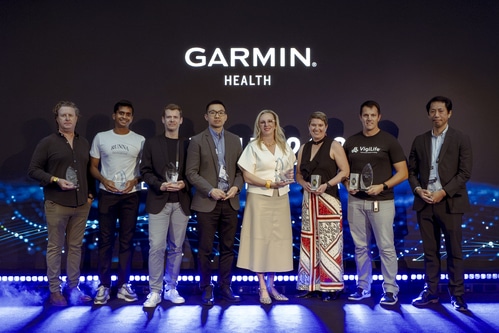
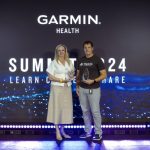
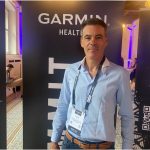
The global leader Garmin celebrated its tenth anniversary by recognizing the most innovative projects in digital health, during the Garmin Health Summitheld in Prague.
There were two winners among the seven pioneering proposals that were exhibited in the Garmin ecosystem, creating an environment conducive to the exchange of ideas, knowledge and projects as the main objective of this break of the journey towards an increasingly promising digital future in health.
The Vltava River, of a luminous Prague still immersed in a warm atmosphere, hosted two intense days of summit. A summit in which attending entrepreneurs had the opportunity to seek personalized solutions for their projects and companies, where health is the backbone of their projects.
Many of them are pioneers and innovators in areas such as healthcare, research and clinical trials, health insurance or in such popular environments as gyms and fitness. Among them, seven finalists from the applications presented among 35 countries and 75 leading suppliers, who presented their ideas in this 2024 edition of the Garmin Health Awardin search of these new solutions in the field of digital health, in which Garmin is a pioneer.
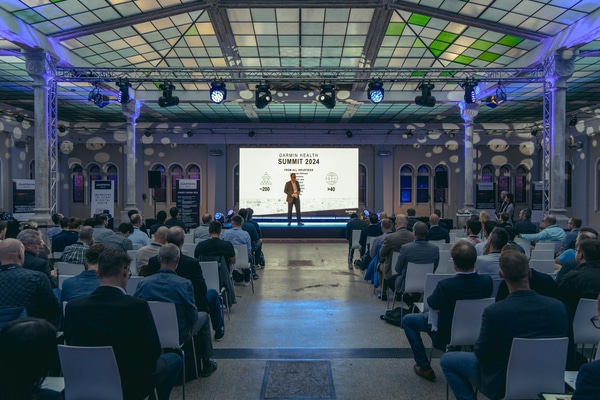
“We have the possibility of obtaining a large amount of data simply by looking at our wrist and the future opens before our eyes recognizing how to know how to use it. We should not go to the doctor when we have a heart attack, we should go earlier when we know our data and thus be able to prevent it,” he explained. Jörn Watzke, Senior Director from Garmin Health.
Watzke was impressed with the level and diversity of the proposals presented this year as Garmin also celebrates its tenth anniversary, as well as the satisfactory path it has taken, with more than 1,000 research studies carried out around the world in areas such as sleep. , well-being, disease control…
Garmin Health, in turn, was proud to now introduce increasingly advanced, higher-precision sensors with long-lasting batteries in smartwatches and other devices that have the potential to be applied to healthcare markets, which they took note of. some of the attendees who were looking for solutions such as sensors outdoor that could adjust to the health control needs of their clients.
“The great advantage is that we would be offering a huge range of data to implement in a patient’s history and thus, with medical collaboration, help a faster process, such as in rehabilitation of a hip break, or a prognosis, for example. For example, in a disease like Parkinson’s. To simplify a lot, it is not about knowing how many steps I have to take per day but rather checking that you have taken them.”
In the same sense it was expressed Josip Cardirector of the School of Life and Population Sciences at King’s College, in the opening conference of the event: “Exploring the future potential of wearables as sensor platforms for digital health and research” emphasizing smart watches in robust medical tools and the need for collaboration between policy makers, healthcare providers and technology companies.
The rural area of Aragonda, a rural population in southern India, was present through the agreement signed for a social program in which Garmin and Apollo Health Axis collaborate and that will last for the next two years.
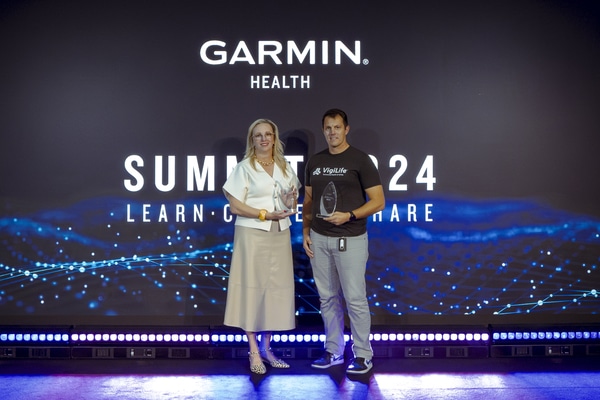
VigiLife, to take care of workers
Of the seven finalists in the competition, the innovative safety ideas presented by VigiLife SafeGuard won the expert jury award by focusing Garmin technology on worker well-being through the use of environmental sensors, thus attempting to improve their working conditions by measuring parameters such as radiation, chemicals, noise… Or simply warning of excess sun exposure that a worker may be suffering.
The public award was received by Metluma, a program that incorporates technology for a health care model aimed at women over 40 years of age in periods of perimenopause and menopause, as well as ADHD conditions, metabolic syndrome and diabetes…
G2go, focused on human performance; Resilient SA and Takenaka Corporation, with proposals towards employee health benefits; Ping an Health Insurance Company of China, on insurance, and Runna, focused on gymnastics and fitness were the other five finalists of this Garmin Health Award 2024.
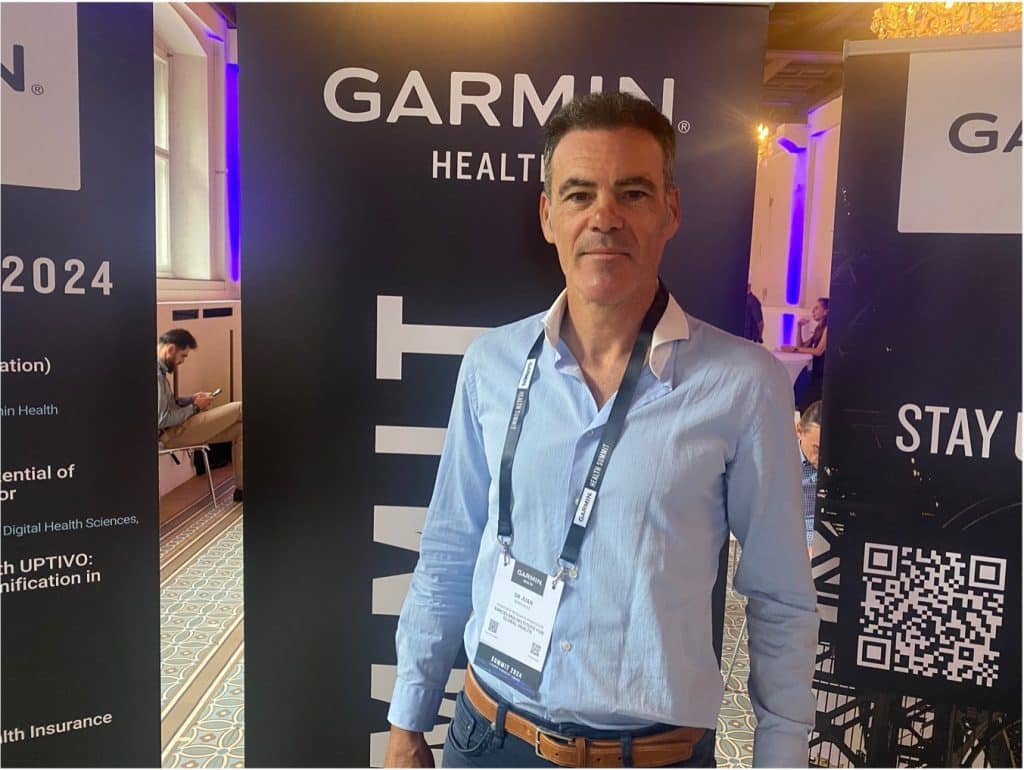
Scientific approaches aligned with the entrepreneurial mindset
Investigating, seeking solutions to combat complex diseases and improve global health, is the objective of the mathematician and researcher, Juan Ramon Gonzalez, Associate Research Professor from ISGlobal.
This scientific approach is aligned with the entrepreneurial mentality, where the search for disruptive and technological solutions is key to transforming sectors such as health, says González, who is one of the featured guests at Garmin Health and who is also part of the Hypatia Mars project. 2025.
“Our knowledge can play a crucial role in collaborating in the implementation of new technologies, such as Garmin connected health devices, to address challenges in the prevention and treatment of diseases,” he adds.
The researcher will also use these devices in the Utah desert to evaluate factors such as sleep quality, fatigue or which proteins related to stress can be altered in the seven female scientists who will travel to the Mars Society station, where they will live inside and outside of it, recreating the conditions to which they would be subjected on the red planet, within this Hypatia Mars mission.
Another entrepreneurial company is the Spanish ADN Ciclista, managing Garmin technology for the exchange of data between coaches and the athletes’ GPS. These will be analyzed, once they finish their training, with the DNA app to determine their state of fitness and physical condition.
Also the innovative Lizcore, present in Prague, saw the opportunity of this technology to take advantage of it in climbing. indoor, and thus obtaining the health parameters of their clients, determining the objective degree of difficulty for each person, without subjectivity, generating a history of each day of climbing, very useful in high-performance centers.
